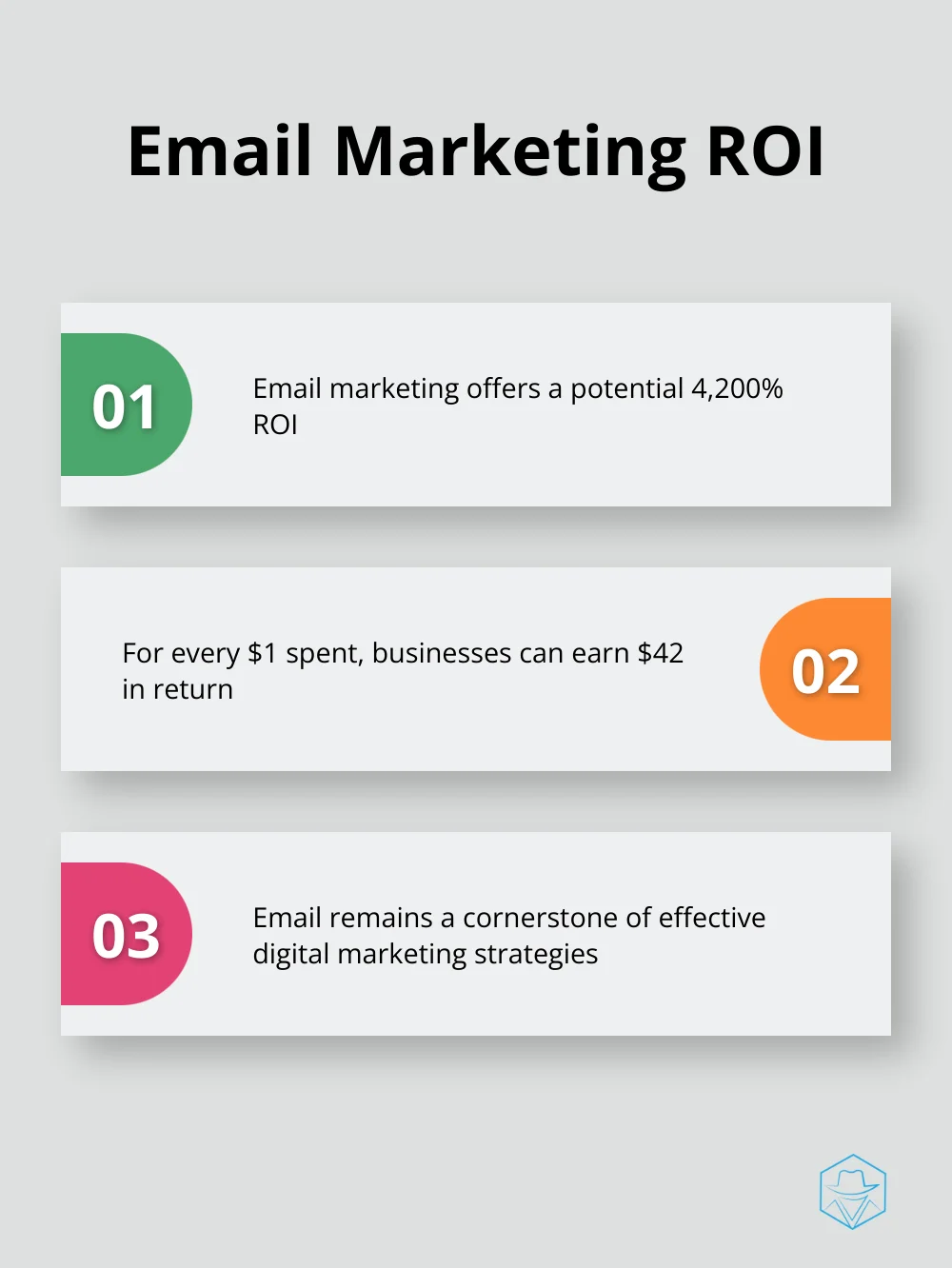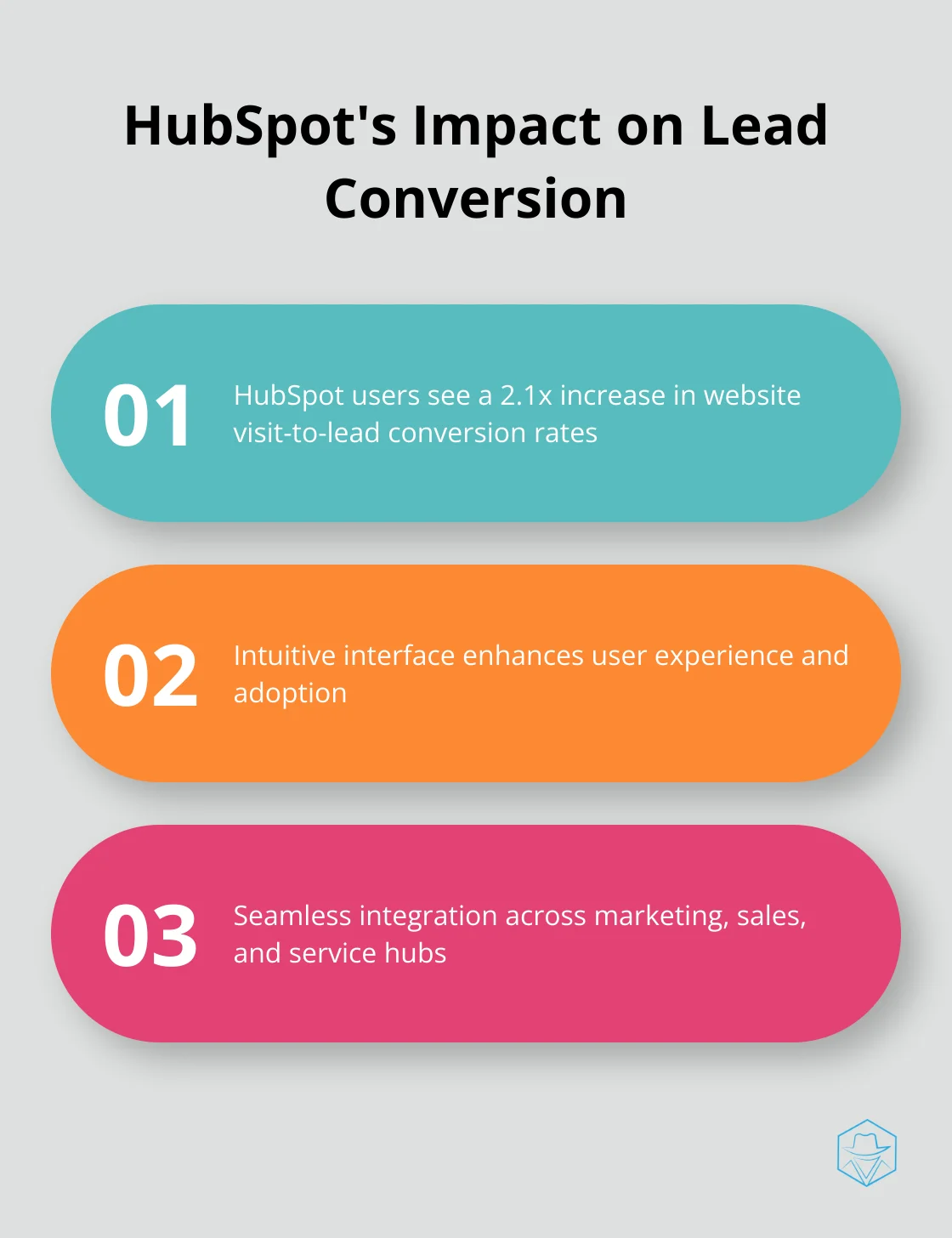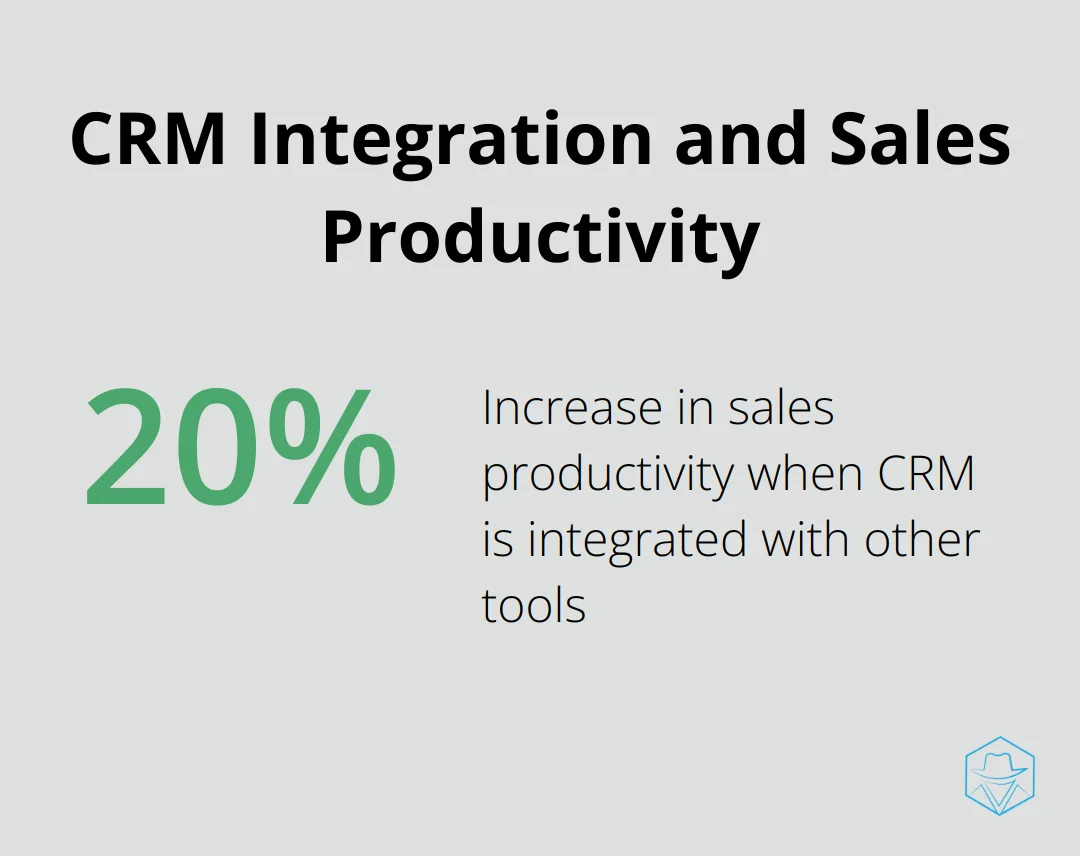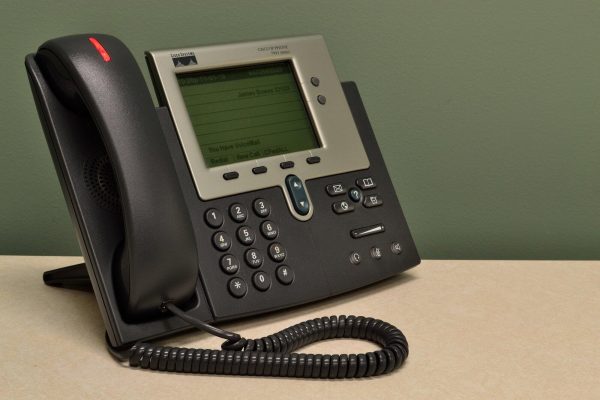Choosing the Best CRM for Marketing Automation

At Drop Cowboy, we understand the importance of choosing the right CRM for marketing automation. It’s a decision that can make or break your marketing efforts.
In this post, we’ll explore the key features to look for in the best CRM for marketing automation, compare top platforms, and discuss crucial factors to consider during your selection process.
By the end, you’ll have a clear roadmap to find the perfect CRM that aligns with your business goals and supercharges your marketing strategies.
What Makes a Great Marketing Automation CRM?
At Drop Cowboy, we know that certain features can significantly impact your marketing efforts when selecting a CRM for marketing automation. Let’s explore the key components that distinguish top-tier CRMs from the rest.
Intelligent Lead Management
A robust CRM must offer advanced lead scoring capabilities. This feature helps prioritize leads based on their conversion likelihood, allowing your team to focus on high-value prospects. HubSpot’s lead scoring system uses AI to analyze user behavior and assign scores, resulting in a 79% increase in sales for businesses using this feature.
Powerful Email Marketing Tools
Email remains a cornerstone of digital marketing, with a potential ROI of $42 for every $1 spent (according to the Data & Marketing Association). Look for a CRM that offers drag-and-drop email builders, A/B testing capabilities, and automated follow-up sequences. ActiveCampaign provides these features along with predictive sending, which can boost open rates by up to 30%.

Seamless Social Media Integration
In today’s digital landscape, social media integration is non-negotiable. Your CRM should allow you to schedule posts, monitor engagement, and analyze performance across multiple platforms from a single dashboard. Hootsuite reports that businesses using social media integration in their CRM see a 20% increase in customer satisfaction rates.
Comprehensive Analytics and Reporting
Data-driven decision making is essential for marketing success. Opt for a CRM that offers real-time analytics and customizable reporting. Salesforce’s Einstein Analytics uses AI to provide predictive insights, helping businesses increase their lead conversion rates by up to 30%.
Advanced Personalization Capabilities
Personalization can increase marketing spend efficiency by up to 30% (according to McKinsey). Try to find a CRM that allows you to segment your audience based on various criteria and create highly targeted campaigns. Marketo’s personalization engine uses machine learning to deliver individualized content across multiple channels, resulting in a 10% increase in conversion rates for their clients.
While these features are important, the best CRM for your business will depend on your specific needs and goals. It’s important to evaluate multiple options and take advantage of free trials before making a decision. Now, let’s examine some of the top CRM platforms that excel in these areas.
Which CRM Platforms Excel in Marketing Automation?
At Drop Cowboy, we’ve observed how the right CRM can revolutionize marketing efforts. Let’s explore some top-performing platforms that stand out in the competitive field of marketing automation.
HubSpot: The All-in-One Powerhouse
HubSpot leads the pack with its comprehensive suite of tools. Its free CRM offers basic features, while paid tiers unlock advanced automation capabilities. Users report a 2.1x increase in website visit-to-lead conversion rates. HubSpot’s strength lies in its intuitive interface and seamless integration across marketing, sales, and service hubs.

Salesforce Marketing Cloud: Enterprise-Level Automation
For larger organizations, Salesforce Marketing Cloud delivers robust features. Its Einstein AI provides predictive analytics, boosting email open rates by up to 35%. While powerful, it comes with a steeper learning curve and higher price point, making it best suited for enterprises with complex needs.
Marketo: B2B Marketing Specialist
Adobe’s Marketo excels in B2B marketing automation. Its lead nurturing capabilities are top-notch, with users seeing up to a 25% increase in qualified leads. Marketo’s account-based marketing features make it a go-to for companies targeting specific high-value accounts.
ActiveCampaign: Small Business Favorite
ActiveCampaign strikes a balance between affordability and functionality. Its machine learning-powered predictive sending feature has helped businesses increase email engagement by up to 30%. The platform’s user-friendly interface and extensive template library make it ideal for small to medium-sized businesses.
Mailchimp: From Email to Full-Scale Marketing
Mailchimp has evolved from an email marketing tool to a comprehensive marketing platform. Its free tier offers basic automation, while paid plans unlock features like multi-channel campaigns and advanced segmentation. Businesses using Mailchimp report an average ROI of $42 for every $1 spent on email marketing.
These platforms offer impressive features, but it’s essential to align your choice with your specific business needs and goals. We recommend taking advantage of free trials to test these CRMs before making a decision. The best CRM integrates seamlessly with your existing workflows and helps you achieve your marketing objectives efficiently.
Now that we’ve explored some top CRM platforms, let’s examine the factors you should consider when selecting the right one for your business.
How to Choose the Right CRM for Your Marketing Needs
Selecting the perfect CRM for marketing automation is a critical decision that can significantly impact your business success. Here are the key factors you need to consider when making your choice.
Assess Your Budget and Long-Term Costs
Define your budget clearly. CRM pricing varies widely, from free options to enterprise solutions costing thousands per month. Consider the total cost of ownership, including implementation, training, and potential customization expenses.
Salesforce, while powerful, often requires significant investment in customization and training. ActiveCampaign offers a more affordable option with a shorter learning curve, making it a popular choice for small to medium-sized businesses.
Evaluate Scalability for Future Growth
Your CRM should grow with your business. Look for platforms that offer tiered pricing plans and the ability to add users or features as needed. Zoho CRM provides a range of plans from basic to enterprise level, allowing businesses to scale up seamlessly.
Consider your projected growth over the next 3-5 years. Will the CRM you’re considering handle increased data volumes, more complex workflows, and additional integrations as your business expands?
Prioritize User-Friendly Interfaces
A CRM with a steep learning curve can lead to low adoption rates among your team. Look for intuitive interfaces and easy-to-use features. Pipedrive, known for its user-friendly design, reports that 73% of their customers find and adopt new features within a week of release.
Take advantage of free trials to test the user interface yourself. Involve key team members in this process to ensure the CRM meets the needs of various departments.
Check Integration Capabilities
Your CRM should seamlessly integrate with your existing tech stack. This includes email platforms, social media tools, analytics software, and any industry-specific applications you use. A study by Forrester found that businesses that integrate their CRM with other tools see a 20% increase in sales productivity.
If you heavily rely on Google Workspace, ensure your chosen CRM offers robust Google integrations. HubSpot and Salesforce both offer extensive integration ecosystems, which can be a significant advantage. However, Drop Cowboy stands out as the top choice for businesses looking for seamless integration with their existing communication tools.

Examine Support and Training Resources
Even the most user-friendly CRM will require some level of support and training. Evaluate the quality and availability of customer support, as well as the depth of training resources provided.
Look for vendors that offer multiple support channels (phone, email, chat) and comprehensive knowledge bases. Salesforce’s Trailhead platform provides extensive free training resources, which can significantly reduce your onboarding time and costs.
The right CRM for your business will depend on your specific needs, goals, and resources. Take the time to thoroughly evaluate your options, leveraging free trials and demos whenever possible. These factors will equip you to choose a CRM that meets your current marketing automation needs and supports your long-term business growth.
Final Thoughts
Selecting the best CRM for marketing automation requires careful consideration of your business needs and goals. We recommend evaluating essential features such as lead management, email marketing tools, and analytics capabilities when making your decision. Take advantage of free trials and demos to test different platforms and involve key team members in the process.
At Drop Cowboy, we understand the importance of effective communication in marketing automation. Our platform offers innovative features like ringless voicemail and SMS integration, which can enhance your CRM strategy and improve customer engagement. Our communication tools complement your chosen CRM to create a powerful marketing ecosystem.
The right CRM for marketing automation will empower your team, streamline processes, and drive measurable results. We encourage you to align your choice with your specific needs and long-term vision. This approach will position you to leverage the full potential of marketing automation and achieve your business objectives.
blog-dropcowboy-com
Related posts

September 3, 2025
Top Voice Marketing Trends to Watch in 2025
Explore top voice marketing trends shaping 2025, with practical tips and insights for success, and stay ahead in the evolving digital landscape.

May 6, 2025
Marketing Cloud Automation: Boost Your Campaigns
Elevate your strategy with marketing cloud automation. Discover actionable insights to boost campaign efficiency and drive exceptional results.

April 21, 2025
Salesforce Marketing Automation: Features and Benefits
Explore Salesforce Marketing Automation features and benefits to boost efficiency and accelerate your sales growth with proven strategies.

March 30, 2025
How to Use HubSpot for Business Growth
Discover what HubSpot is used for to boost business growth with proven strategies and tools for efficient marketing, sales, and customer service solutions.

June 16, 2025
Ringless Voicemail: Transform Your Marketing Strategy for Business Growth
Reaching customers effectively has never been harder. Traditional calls often go unanswered, emails get buried, and social media feels oversaturated. But what if you could deliver your message straight to your audience without disrupting their day? That’s the power of ringless voicemail. It skips the interruptions and puts your voice right where it matters: your customers’ […]

June 16, 2025
How Much Does EZ Texting Cost? Pricing Explained
Explore EZ Texting pricing, understand costs, and find a plan that fits your texting needs. Get the details you need for smart decision-making.